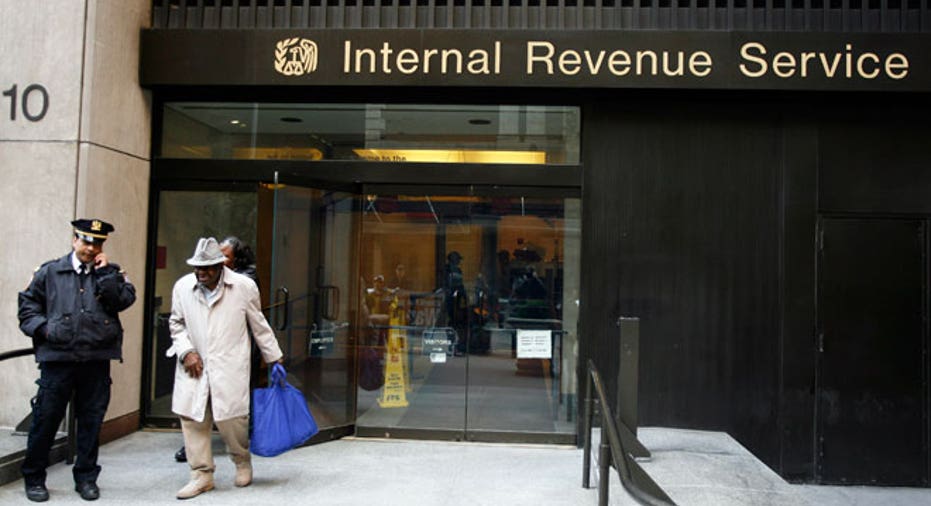Could Simplifying Taxes Hurt Small Businesses?

When it comes to taxes, simple always sounds better. But with expenditures on the potential chopping block for Congress, a new report from the SBA’s Office of Advocacy suggests that simplifying the tax code may not be a win for small business.
“We don’t want to have what we call the law of unintended consequences, where the things that benefit small businesses are thrown aside,” says SBA’s Office of Advocacy Chief Counsel Dr. Winslow Sargeant.
In 2013, U.S. businesses received an estimated $161 billion in federal tax expenditures, according to the Office of Advocacy’s research. Small businesses in particular used an estimated $40 billion of that total amount. The most popular expenditures used by small businesses center on retirement and health insurance; these allow small business owners to deduct their contributions toward retirement accounts and insurance.
“Many of the important expenditures were extended or expanded following the recent downturn in order to promote investment,” says Office of Advocacy Chief Economist Dr. Janemarie Mulvey.
Many small businesses are structured as pass-through entities, which means the business owner files the company taxes as an individual. This being the case, Mulvey says lowering the corporate tax rate and cutting these expenditures wouldn’t be beneficial to SMBs, as it would effectively raise their tax bills.
“Taking away those deductions will not help them,” says Mulvey, who suggests doing so may cause small business owners to invest less in their businesses – negatively affecting the economy at large.
Experts say the research underscores the need to focus on the big picture, rather than just concentrate on cutting corporate deductions, which are often viewed as “loopholes” in the system.
“It will hopefully discourage people from advocating for corporate-only tax reform,” says Chris Whitcomb, the tax expert for the National Federation of Independent Business. As a result, Whitcomb is optimistic that more and more people will realize that tax reform needs to happen for both businesses and individuals – as doing one without the other may have adverse side effects.
In the report, the Office of Advocacy sought to dig in to small businesses’ usage of the tax expenditures; the researchers did not make predictions about what cutting the expenditures would mean for the economy in terms of hard numbers.



















